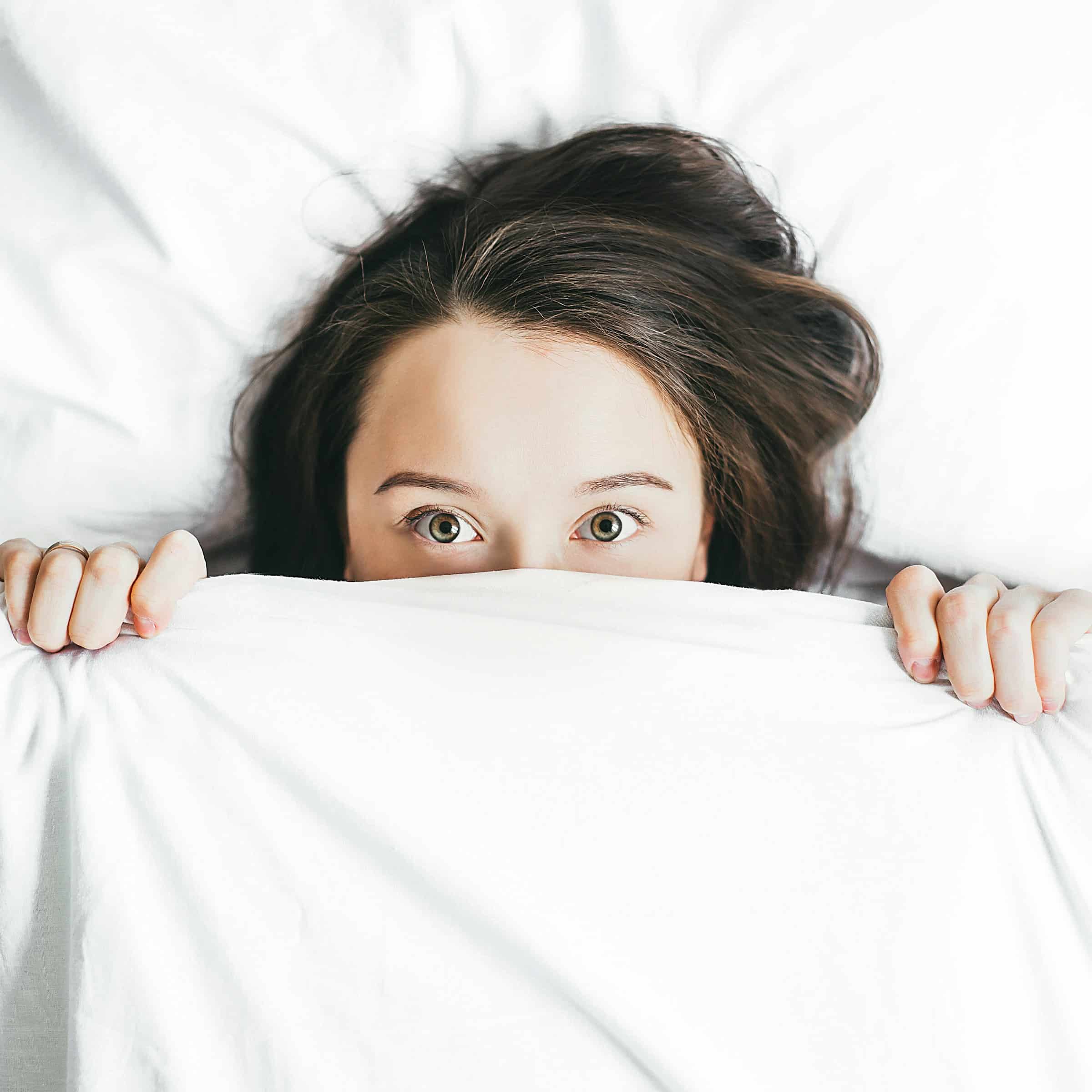What Are the Effects of Sleep Extension on Athletic Performance and Recovery?

Sleep, often overlooked, holds an indispensable role in the life of every individual, and perhaps even more so in the vigorous routine of an athlete. Sleep is the body’s natural way to repair, recharge, and essentially prepare itself for the next day. In recent years, a growing body of evidence has illuminated the profound impact of sleep on athletic performance and recovery. This article delves into the effects of sleep extension and its implications for athletes. Drawing from reputable sources such as scholarly articles, Google, and PubMed, we aim to deliver a comprehensive understanding of this topic.
The Link Between Sleep Extension and Performance
Understanding the relationship between sleep and performance is paramount to an athlete’s success.
Topic to read : How Does Consuming Fermented Soy Products Affect Menopausal Symptom Severity?
Recent studies have begun to reveal the correlation between sleep and athletic performance. A study published on PubMed reported that a sleep extension of at least 10 hours per night for seven weeks significantly improved the performance of collegiate basketball players. They experienced faster sprint times, improved shooting accuracy, and reported feeling better both physically and mentally during games and practices.
Another study found a direct link between the time of sleep and the physical capabilities of athletes. The athletes who slept for extended periods had a noticeable improvement in speed, reaction time, and overall athletic performance. These studies indicate that sleep extension can directly enhance the physical abilities of athletes, leading to improved performance in various sports.
In the same genre : The future of biopharmaceuticals: the strategic role of consultants
Sleep Extension’s Role in Athlete’s Health and Recovery
Sleep is not only critical for performance but also plays a crucial role in an athlete’s health and recovery.
Sleep deprivation can have severe health consequences, such as increased risk of injuries, decreased immune function, and mental health issues like depression and anxiety. On the contrary, sleep extension provides a myriad of health benefits for athletes, from improving the body’s immune function to facilitating quicker recovery from injuries.
Research published on CrossRef highlighted how sleep extension can significantly reduce athletes’ pain levels and boost their mood. The study found that athletes who had extended sleep reported feeling less pain, had improved mood scores, and lower stress levels, all contributing towards quicker recovery times.
Another area where sleep extension plays a vital role is in muscle recovery. During deep sleep, the body releases growth hormones that help repair and build muscles, which are often strained during athletic training. Thus, sleep extension can contribute significantly to quicker muscle recovery, allowing athletes to return to their training regimen sooner.
The Interplay Between Sleep, Training, and Performance
Sleep, training, and performance are deeply interconnected, and understanding this interplay can drastically improve an athlete’s routine.
A study published on Google Scholar examined this relationship and found that athletes with a regimented sleep schedule showed vast improvements in their training and performance. By extending their sleep time, athletes were able to train for longer periods, experienced less fatigue, and had better concentration and focus during training sessions. This study underscores the importance of integrating sleep extension into an athlete’s training routine to optimize performance.
Moreover, sleep extension can also mitigate the effects of intensive training on the body. Overtraining can lead to increased stress on the body, leading to injuries and decreased performance. However, by prioritizing sleep, athletes can ensure that their bodies have ample time to recover and prepare for the next day’s training.
The Impact of Sleep Extension on Different Sports
The role of sleep extends beyond general athletic performance, impacting individual sports differently.
A PubMed study investigated the effects of sleep extension in different sports, including basketball, tennis, and weightlifting, among others. The study found that sleep extension had varying effects depending on the sport. For instance, basketball players who extended their sleep had improved shooting accuracy, while weightlifters reported feeling less fatigued after their training sessions.
Another study found that sleep extension can also significantly impact the mental aspects of sports. For example, tennis players who extended their sleep demonstrated better decision-making abilities and quicker reaction times, both of which are crucial for success in the sport.
These studies indicate that sleep extension can not only improve general athletic performance but can also be tailored to enhance performance in specific sports. Hence, athletes and coaches should consider individual sports requirements when planning sleep schedules.
In conclusion, understanding the effects of sleep extension on athletic performance and recovery is vital for athletes striving for excellence. By prioritizing sleep, athletes can boost their performance, expedite recovery, and stay at the top of their game.
The Importance of Sleep Quality and Sleep Hygiene in Athletic Performance
While sleep extension has displayed significant benefits in enhancing athletic performance and recovery, it is equally crucial to consider the quality of sleep and sleep hygiene.
Sleep quality refers to how well an individual sleeps. It encompasses factors such as sleep duration, sleep latency (the time it takes to fall asleep), and the number of awakenings during the night. High sleep quality implies that an individual is getting ample uninterrupted sleep, which is critical for the body’s recovery and repair process. A study published on NCBI NLM showed that athletes with high sleep quality reported feeling more energized and experienced a boost in their athletic performance.
Sleep hygiene, on the other hand, refers to the practices and habits that an individual follows to have a good night’s rest. This includes maintaining a consistent sleep schedule, creating a sleep-friendly environment, and avoiding food and drinks that can interfere with sleep. Adequate sleep hygiene can significantly improve sleep quality and, by extension, athletic performance.
Research on Google Scholar has shown a direct correlation between good sleep hygiene and athletic performance. Athletes who practiced good sleep hygiene reported feeling more refreshed and had improved reaction times, indicating a heightened state of alertness and readiness.
However, despite the importance of sleep quality and sleep hygiene, they are often overlooked aspects in an athlete’s training regimen. Introducing sleep interventions, such as sleep education programs, can help athletes recognize the importance of sleep quality and sleep hygiene and implement practices to improve them.
The Effects of Sleep Restriction and Partial Sleep on Athletic Performance
Just as sleep extension demonstrates positive effects on athletic performance, sleep restriction or partial sleep can have detrimental impacts.
Sleep restriction refers to getting less sleep than the body needs, while partial sleep refers to getting interrupted sleep. Both conditions can lead to sleep deprivation, negatively affecting an athlete’s physical performance, reaction time, and mental state.
A systematic review published in PubMed found that sleep-deprived athletes had slower reaction times, reduced endurance, and impaired decision-making abilities. Moreover, the review reported that athletes under sleep restriction were more likely to experience injuries, have lower immune function, and suffer from mood disorders like depression and anxiety.
In a study conducted among elite athletes and published on NCBI NLM, it was found that those who experienced partial sleep had decreased performance and increased fatigue levels. These athletes also reported feeling more stressed and had a higher incidence of mental health issues.
These findings underscore the importance of prioritizing sufficient and uninterrupted sleep for athletes to maintain their peak physical and mental performance. They also highlight the potential adverse consequences of neglecting proper sleep duration and quality, emphasizing the critical role of sleep in athletic performance and recovery.
Conclusion
In the demanding world of sports, athletes are always in pursuit of strategies that can enhance their performance and speed up their recovery. The role of sleep in this context is undeniable. Sleep extension can significantly improve an athlete’s physical performance and mental state, contribute to quicker recovery times, and boost immune function. Besides sleep duration, the quality of sleep and adherence to good sleep hygiene practices also play a critical role in an athlete’s performance. On the other hand, sleep restriction or partial sleep can lead to negative effects like reduced reaction time, increased risk of injuries, and mental health issues. Therefore, incorporating sleep interventions and maintaining proper sleep hygiene should be integral components of an athlete’s training regimen. The mantra for success in sports might very well be "Train hard, sleep harder!"
